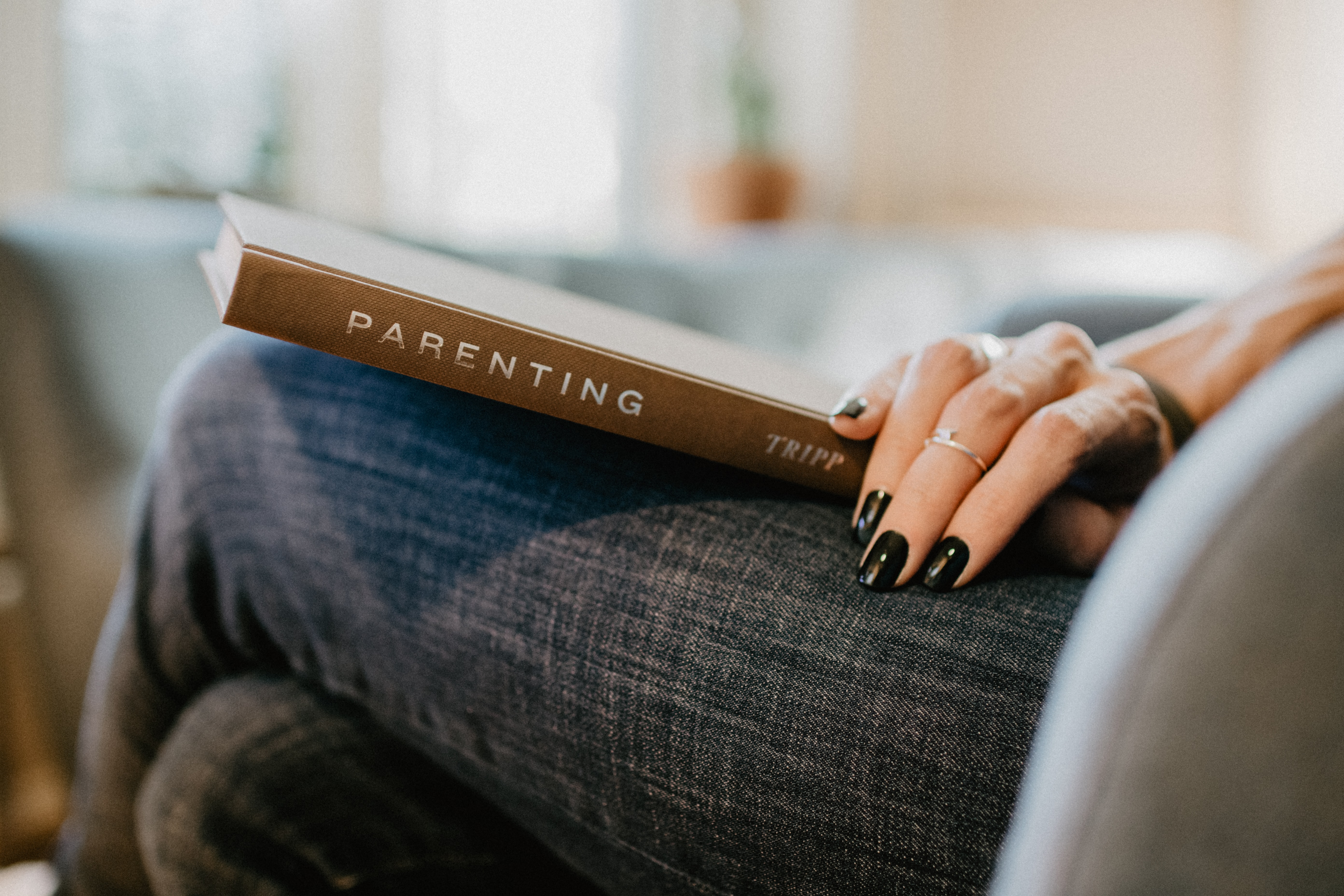
Don’t think it. Don’t say it. This is not the new normal. In fact, this is not a normal situation by a long shot. It takes a proverbial village in normal times to raise children. That village is now virtual and things don’t feel the same. It’s that much harder for immigrant families or single parents. In pre-pandemic times, as parents we were transitioning from work-life balance to integrating work in life, because we could. We loosely had boundaries and each aspect of life had its separate compartment. Now, all the lines have blurred and everything we know is changing.
Enter sensory overload, structure upheavals and a clarion call for divvying up labor if you are fortunate enough to have a partner. Even so the burn out women are feeling is real per new research from LeanIn.Org. So what is it that we can learn from this crisis? Here are five of my personal observations as a parent:
- Children are more resilient than we think: We discuss the current state of affairs openly in my home—be it safety measures, length of school closures and why we can’t travel or go out at all, save our social distancing nature walk. They have adapted to it fairly well and while they can’t wait for places to open up or hang out with friends—I was surprised to realize that they are happy with simple things like board games, sidewalk chalks, bike rides when whether permits. They are also aware that we cannot cater to them during work hours consistently so they are (for the most part) ingeniously thinking of things to do around the house.
- Transparency matters: Let’s face it with both parents working and managing the house, there are days when we feel depleted. On those days, I find communicating that subtly and maintaining boundaries at the offset has gone a long way than snapping at them irately because your nerves have been in overdrive. It’s ok to bend a rule some days and give them 30 extra minutes on an iPad because you need that or let boredom seep in because it fosters independence and creativity.
- Tell them the why, not just the what and the how: Little ones get right to it—why do I have to wash my hands so many times? When can we have a play date? While the bevy of questions may seem endless, it is important to provide context. For example – helping out with chores because we need to help each other as a family. If one of us has an important deadline, readjusting the day’s schedule or switching things up allows for both parents and kids to be more flexible. I’ve noticed that when you offer the why, there’s less resistance in general. This article in HBR got me thinking of leveraging the power of why on the home front.
- Consistent feedback is its own reward: Providing helpful feedback goes a long way. For example: My 5YO was being a little mic shy and not speaking up at all in his Zoom meeting, so we talked about it and he mentioned it’s weird. We then discussed with a little role playing on how he would feel if someone didn’t say hi to him or answer his question. Between that and negotiating a reward, he’s now vocal on Zoom.
- It’s not all rosy and that’s ok: Contempt can easily creep in with this much familiarity and proximity. We’re open about when each of us needs our alone time and we’re learning to signal when we’ve reached the end of the rope. My pre-teen does a great job of requesting alone time sans her sibling when she’s had back to back Zoom calls and assignments. When we are short with each other, we don’t try to cover it up, we simply offer the gift of space, so far it seems to be working.
All of these things are bringing us closer than they typically would have. I have observed that the old normal oft times was mindlessly fast -paced and the weeks were pretty much a blur. If anything, this crisis is teaching us to be deliberate, patient and forcing us to reconsider what the “new” normal in parenting should indeed look like.

